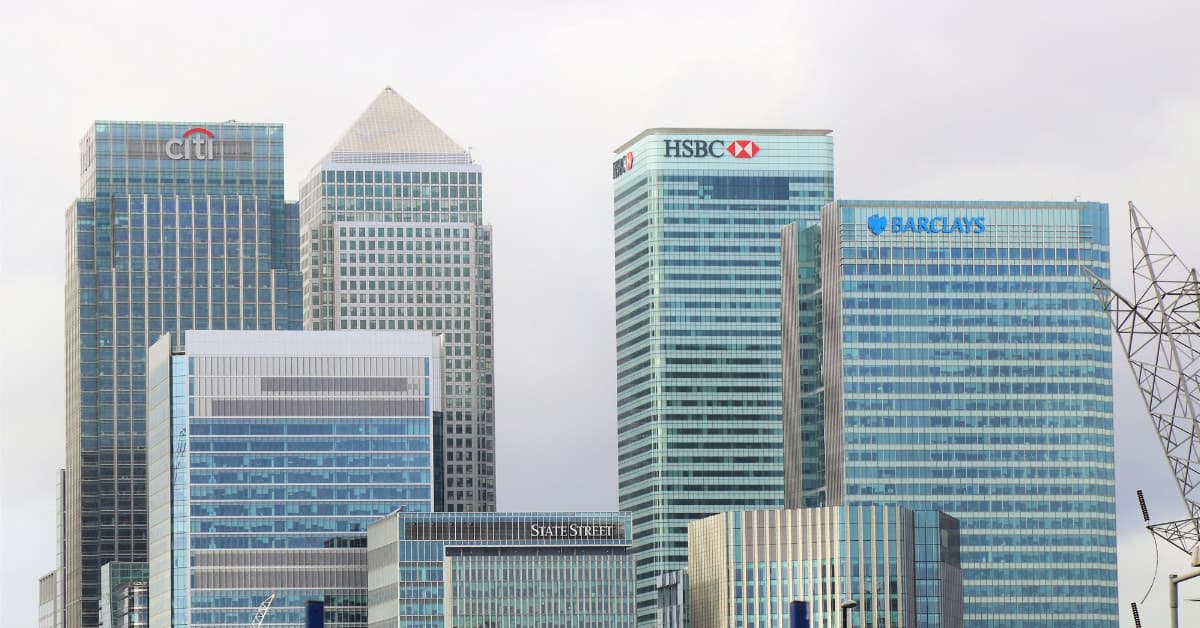A Swiss bank account has an international reputation, but what’s the deal? Why are Swiss bank accounts so popular? Should you open a swiss bank account?
Nearly 100 years ago, Switzerland passed the Swiss Banking Law of 1934, making it illegal for Swiss banks to disclose the names of Swiss bank account holders. Thus, Swiss bank accounts gained international recognition for anonymity, privacy, and security.
Let’s explore why people open Switzerland Swiss bank accounts, how to open a Swiss bank account, the best Swiss banks to open an account with, and the pros and cons.
What is a Swiss bank account?
Simply put, a Swiss bank account is an account opened through a bank in Switzerland. Swiss bank accounts have long held a reputation for anonymity and safety, making them a world-renowned tax haven. However, things have changed in recent years. Switzerland has enacted a law, the Foreign Account Tax Compliance Act (FACTA), making tax evasion quite improbable for United States residents.
According to the law, Switzerland is required to provide U.S. tax authorities (the IRS) with information regarding U.S. resident accounts.
There are still benefits to opening a Swiss bank account, even if you’re a U.S. resident, including safety, economic security, confidentiality, low financial risk, asset protection, and more. Swiss banks are the most capitalized and offer accounts in all major currencies, making them accessible to residents from most foreign countries.
Sound like a good place to store your money?
Why do people open Swiss bank accounts?
As we’ve mentioned, Swiss banks are known for providing anonymity and confidentiality. However, there are other reasons people open Swiss bank accounts, one of them being financial security. The Swiss Banker’s Association assures that all Swiss accounts are insured in the event of a disaster on the side of the Swiss bank.
Swiss law also requires that banks have high capital requirements. Not to mention, the Swiss economy is stable and hasn’t been involved in the conflict for hundreds of years. This means there is very little financial risk in opening an account, which is not common in all parts of the world.
Swiss banks are also backed by arguably the safest currency in the world today. The country suffers little inflation and 40% of its currency is backed by gold reserves. This further solidifies the financial protection of a Swiss bank account.
How to open a Swiss bank account?
So, you want to open a Swiss bank account. How complicated is this process for non-residents? Beyond the 18 years of age requirement, there actually aren’t a whole lot of limitations to opening an account. You will need the appropriate documentation and will need to meet eligibility requirements.
Documentation
You will need to provide documentation to verify your identity and your sources of income. This documentation is meant to protect Swiss banks from getting involved in illegal activity that clients may have in their portfolios.
For Swiss bank account information, you will need:
– A valid passport
– Confirmation of your home address
– Verification of your income sources
Eligibility
Unfortunately, Swiss banks simply do not serve residents from certain countries either due to the Embargo Act or other political reasons. This will automatically knock out your eligibility for a Swiss bank account if you are from one of these countries. As mentioned, FACTA reduces the confidentiality that Swiss banks promise for U.S. residents. Rather than disclose account information, many Swiss banks now refuse to do business with U.S. residents.
If you are not from a restricted country, make sure that your income is legal and verifiable and you have a clean financial record and you should be eligible for a Swiss bank account.
Minimum Deposit Amount to Open a Swiss Bank Account
Many financial institutions require minimum deposit amounts to start an account. Typically, the minimum deposit for a Swiss bank account is $10,000 USD or 8,902 Swiss Francs. However, more elite and privatized banks require larger minimum deposits like $100,000 USD or 89,024 Swiss Francs.
Harbor Financial Services, self-reported offshore investment experts, report that the typical minimum deposit to open a Swiss bank account is $1 million USD.
Best Swiss Banks
Considering the fame of Swiss bank accounts, there are numerous well-known Swiss banks through which you can open an account. You have the option to open an account through a cantonal bank, a private bank, or the big Swiss banks, which we will mention.
Private Banks
These are pretty self-explanatory. A private bank is one that offers private banking services, however, they are typically shared corporations.
Cantonal Banks
If you are not a Swiss resident, this is not the likely banking option for you. Cantonal banks operate in cantons, meaning that they do not work with residents from other cantons. If you live in Switzerland and move from the canton, you will need to change banks.
Big Swiss Banks
United Bank of Switzerland (UBS)
This is one of the largest Swiss banks with a huge international presence. U.S. residents are able to open an account with UBS once they’ve met prequalifications. In order to open an account, you’ll need to get in touch with their financial advisors. You can request a UBS quote through their form, as long as you are not from one of the restricted listed countries.
Credit Suisse Group
This is another international leader in Swiss banking. Credit Suisse will provide customers with advice on all matters of banking including opening an account, credit cards, and asset protection. They also offer accounts for both individuals and corporations. You can review their products and services here.
Cost of Opening a Swiss Bank Account
In addition to the minimum deposit to open an account, there are several other fees that you will run into. There is a monthly maintenance fee of 10 to 30 Swiss Francs. These fees can be reduced or waived if you use electronic banking statements, take a mortgage, or make frequent, large deposits.
If you’d like to avoid paying for the Swiss withholding tax, open your bank account with your nation’s currency. Otherwise, this tax will be deducted from your account. The Swiss National Bank (SNB) makes decisions regarding interest rates. Since 2015, interest rates are in the negative and currently stand at -0.75%.
Pros and Cons of Swiss Bank Account
Pros of Swiss Bank Account
- Secrecy and confidentiality laws. Thanks to the Swiss Banking Law of 1934, it is illegal for banks to disclose information regarding their account holders.
- Low financial risk. Switzerland has a strong currency and asset protection.
- Switzerland is politically stable and historically neutral in global conflicts.
- Higher yields
- The Swiss Banking system is the most secure in the world.
- Likely due to their international fame, Swiss banks have high degrees of professionalism in their customer service correspondence.
- In recent years, minimum deposits to open accounts have decreased, increasing accessibility for lower income earners.
Cons of Swiss Bank Account
- There are slightly higher fees due to safety and security protocols.
- Residents from certain countries (including the U.S.) are restricted from opening accounts or must follow certain disclosure procedures, negating the privacy benefit of Swiss banks.
- Swiss bank accounts have a negative reputation of being used for tax evasion and other criminal activities.
Are Swiss Bank Accounts Safe?
In terms of financial security and risk, it is extremely safe to open a Swiss bank account. As we’ve mentioned, Switzerland is a politically stable country with a stable economy. In the event of a natural disaster on the bank’s end, your assets will be 100% protected.
Swiss bank accounts do have a reputation for money laundering and criminal activity, but there are strict restrictions in place when creating an account to avoid this. As we mentioned, you must verify your identity and your income. Additionally, the beneficiary of your funds must have their identity verified as well. You will be denied an account if the bank suspects your business is illegal. In fact, about 5% of accounts are turned down every year due to fraud suspicions.
Swiss Bank Account Alternatives
So, hopefully now you understand the hype surrounding Swiss bank accounts. In the economic uncertainty that COVID-19 brought, many individuals are searching for banking security. But, does the thought of setting up an offshore Swiss bank account appear overwhelming to you? Is it more trouble than it’s worth?
There are alternatives to putting your money in a Swiss bank account. If you are enticed by the high level of security Switzerland offers, they have additional services such as high-security vaults where you can store gold and other valuable physical assets. These vaults are not as protected in terms of identity disclosure as Swiss bank accounts, but you can still reap the benefits of knowing your goods are secure and protected.
If you are still interested in creating an offshore account, but not sold in Switzerland, make sure to extensively research the country in which you’re opening an account. Important factors to consider include political climate, laws, economic stability, and tax regulations.
Read also: The Ultimate Guide to Swiss Banks









